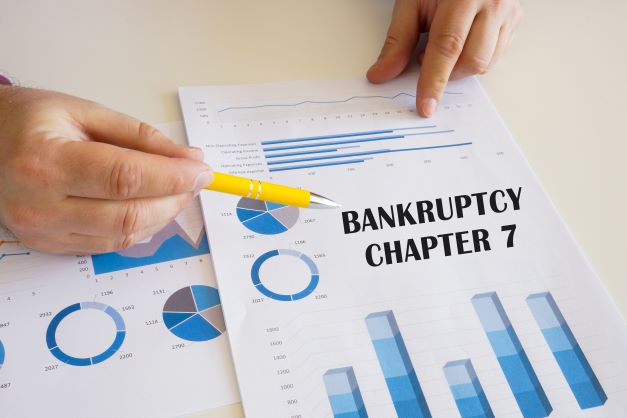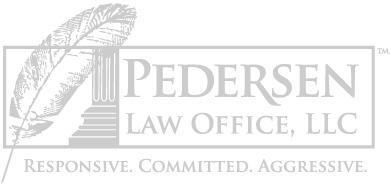Chapter 7 Discharge Explained
May 26, 2022

Dischargeable Debts
Unsecured Debts. Debts not attached to any property or asset are considered unsecured. Common unsecured debts include credit card bills, medical bills, pay day loans, unsecured personal loans, utility bills and money judgments. All properly listed unsecured debts are wiped out in a Chapter 7 Bankruptcy and you are no longer responsible for them. Please note, some utility companies require a security deposit to continue service with their company. Also, for every money judgment a Satisfaction of Judgment Due to Bankruptcy needs to be filed in state court to notify them the debt was discharged in federal court.
Secured Debts. Debts attached to property, that can be taken away if you stop paying on the loan, are considered secured debts. Common secured debts include home mortgages, auto loans and recreational vehicle loans. Whether secured debts are discharged in a Chapter 7 Bankruptcy depends on if you want to keep the property or surrender it. If you surrender the asset in the bankruptcy, you can discharge the debt and no longer be responsible for it. If you want to keep your asset, you will need to be current on the loan and continue to pay on it. You may choose to make voluntary payments or enter into a reaffirmation agreement to continue paying on your secured debts.
Non-Dischargeable Debts
Some debts are not able to be discharged in a Chapter 7 Bankruptcy and are considered non-dischargeable debts. This means you will still be responsible for the debt after your bankruptcy. Common non-dischargeable debts include domestic support obligations, student loans, most tax debt, court fines or restitution, and debts for personal injury while intoxicated. Also, if an unsecured debt was successfully challenged by a creditor and determined to be fraudulent by the bankruptcy court, that debt will not be discharged. Knowing what debts are non-dischargeable in a Chapter 7 Bankruptcy before you file helps you choose the correct debt relief option for your situation.
Gone for Good
Once a debt has been discharged in bankruptcy, creditors are prohibited from any collection attempts. That means no more collection calls, collection letters, lawsuits, or wage garnishments. If a creditor violates the Discharge Order and tries to collect on a discharged debt, the creditor could end up owing you money for violating federal law. If you have questions on whether a debt was discharged in your Chapter 7 Bankruptcy, you should contact your bankruptcy attorney.
Free Consultations
It is important to have an experienced bankruptcy attorney help you through the entire bankruptcy process and answer any question you may have. At Pedersen Law Office, LLC we offer free consultations. We will meet with you personally to discuss your specific circumstances and help determine the best debt relief option for you. Our law office serves the communities of Appleton, Neenah, Menasha, Oshkosh, Green Bay and their surrounding areas.
